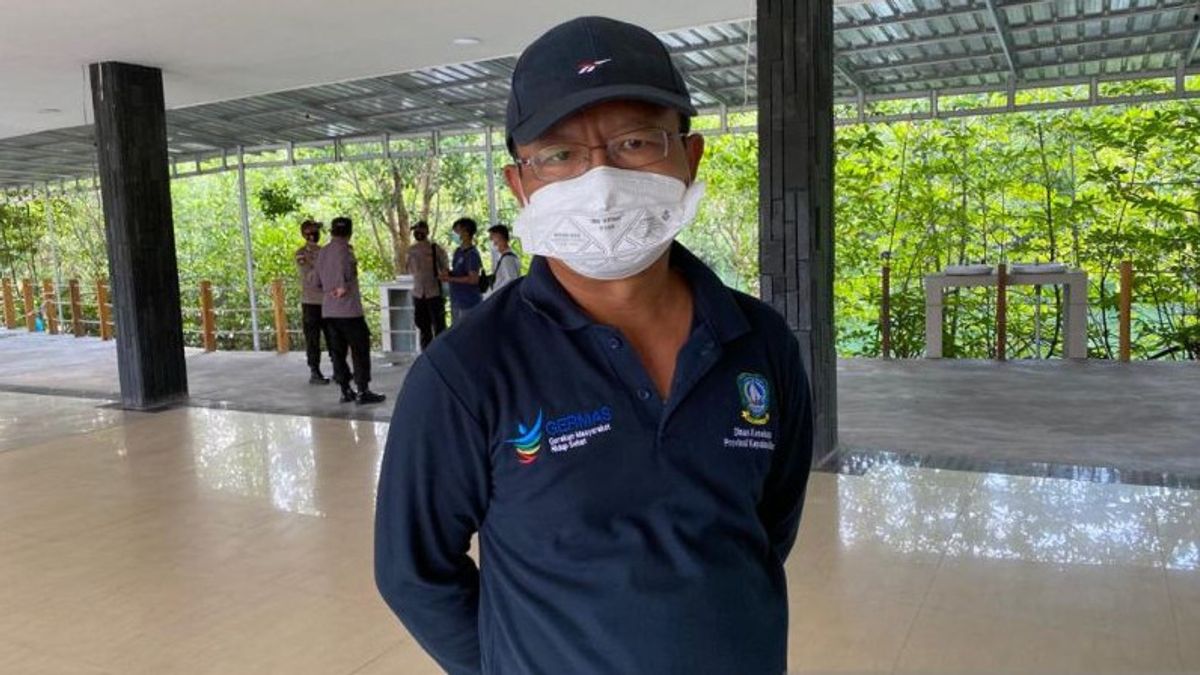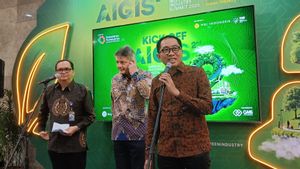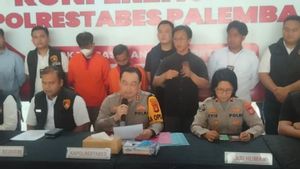BINTAN - The Health Office of Bintan Regency, Riau Islands asked residents to be aware of the infection disease in the upper disease (ISPA) which in recent weeks has attacked local children.
Head of the Bintan Gama Health Service, AF Isnaeni, said cases of ARI disease during bad weather like today increased. In a day, the average number of children affected by ARI is more than 50 people.
"The number of ISPA sufferers who are included in the top five nationally in Bintan," said the pediatrician in Bintan, Antara, Monday, November 27.
Gama explained that ARI is an acute infection that attacks the upper respiratory tract, including nose, sinus, pharyng, and runoff. ARI is caused by microorganisms such as Adenovirus, which can cause runny nose, bronchitis, and pneumonia. While patients infected with Rhinovirus cause a cold.
"Under certain conditions, ARI can increase to pneumonia, especially when people are infected with Pneumokokus," he said.
Children infected with ARI have symptoms such as nasal congestion, runny nose, dry cough, mild fever, headache, sore throat, fever and difficulty breathing.
"If the heat reaches 39 degrees Celsius, it must be immediately taken to the hospital," he appealed.
Based on the results of the study, he said, factors that could increase the risk of ARI in toddlers, namely nutritional status, not immunization, not getting exclusive breast milk, exposure to cigarette smoke during pregnancy, density of residences, and smoking behavior in the family.
"A humid and illumination house also has the potential to cause ARI," he said.
He revealed that to prevent children under five from contracting ARI, parents should keep their home environment and around the house clean.
"Food is nutritious," he appealed.
ISPA disease is relatively harmless, but the health impact it causes is quite dangerous if not taken seriously. Children who have coughs, flu and fever usually don't want to eat. As a result, they lack nutritional intake.
"If you are malnourished, it will certainly have other impacts. This must be prevented through proper treatment," he said.
Gama said the ARI in infants aged 6 months or under a year, children born premature or who have a history of congenital heart or lung disease, and children with weakened immune systems are more at risk so they need to be treated immediately by the medical team.
"Adolescents suffering from chronic obstructive pulmonary disease, progressive heart failure, or asthma are also at risk when they are infected with ARI," he said.
The English, Chinese, Japanese, Arabic, and French versions are automatically generated by the AI. So there may still be inaccuracies in translating, please always see Indonesian as our main language. (system supported by DigitalSiber.id)
Most Popular Tags
#Prabowo Subianto #New Year #Syria #nataru #NatalPopular
18 Desember 2024, 07:25
18 Desember 2024, 00:27













